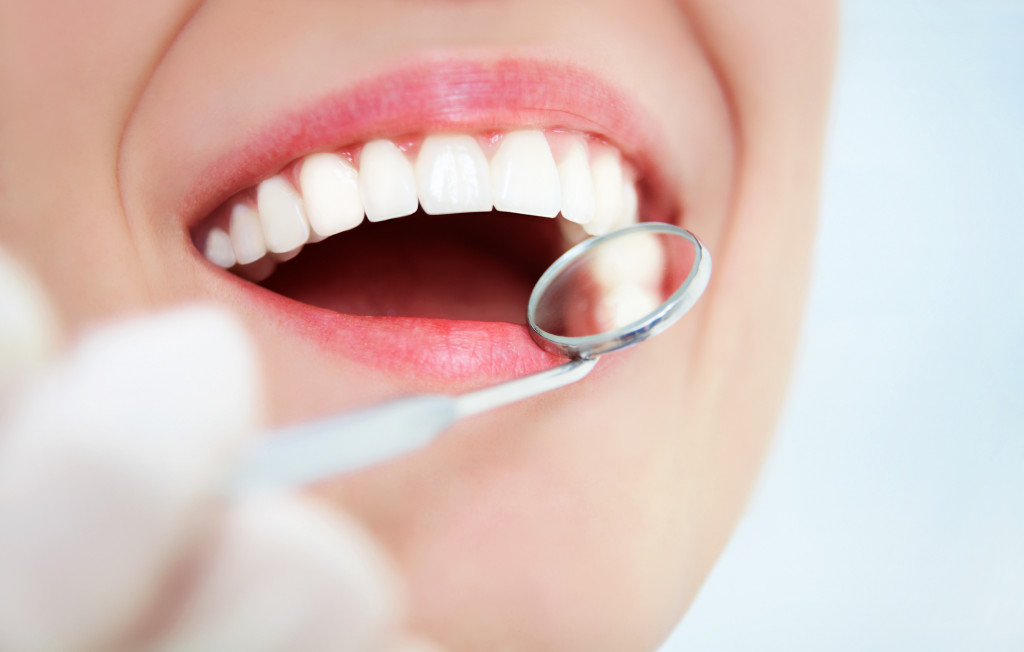- Gum disease is a serious dental issue that can cause damage to the mouth.
- Good oral hygiene practices are vital in preventing gum disease.
- Eating a balanced diet and avoiding sugary foods can reduce your risk of gum disease.
- Regular dental checkups allow dentists to spot any signs of gum disease early on.
- You can prevent gum disease from becoming more serious with proper care and regular dentist visits.
Gum disease is a serious dental issue that affects many adults. It can be painful and can even lead to tooth loss if left untreated. While gum disease is common, knowing how to prevent it and what to do if you’re already experiencing the symptoms is essential. Continue reading to learn the basics of gum disease, including what causes it and how to keep your gums healthy.
What Is Gum Disease?
Gum disease (or periodontal disease) is an infection of the soft tissues in your mouth caused by bacteria that build up on your teeth over time. If left untreated, it can cause damage to your gums, bones, and other structures in your mouth that support your teeth.
This disease can range from mild to severe, depending on the extent of the infection. Mild cases of gum disease, also known as gingivitis, are marked by red and swollen gums that may bleed when brushing or flossing. This condition is caused by an accumulation of plaque and bacteria on your teeth that irritates the gums, causing inflammation.
Severe cases, known as periodontitis, can cause gums to pull away from the teeth and form deep pockets that allow bacteria to grow and spread infection. This causes the destruction of the surrounding bone and connective tissue that supports your teeth, eventually leading to tooth loss if left untreated.
Impact on the Body
Gum disease can significantly impact the body, both short and long-term. In the short term, gum disease can cause pain, swelling, and inflammation of the gums. These symptoms can be uncomfortable and may lead to difficulty eating or speaking. If left untreated, gum disease can cause serious damage to the gums, teeth, and bones, potentially leading to tooth loss. Additionally, long-term gum disease can increase your risk of other health conditions, including heart disease, stroke, and diabetes.
Tooth Loss
Gum disease, if left untreated, can cause severe tooth loss. While mild gum disease causes gingivitis, a more severe infection may lead to periodontitis, which causes inflammation of the soft tissues and bone that supports your teeth. Without treatment, this can ultimately cause your teeth to loosen and fall out. This is why people who experience this get dental implants as a permanent solution to missing teeth.
Symptoms to Look Out For
Gum disease can cause various symptoms, and it’s important to recognize them so you can seek treatment as soon as possible. If you experience any of these symptoms, contact your dentist immediately for an evaluation. Early diagnosis is critical in treating gum disease before it causes more serious damage to your oral health. Common signs of gum disease include:
- Red or swollen gums
- Bleeding when brushing or flossing
- Receding gums
- Bad breath (halitosis)
- Loose teeth
- Pain when chewing
Keeping Your Gums Healthy
Good oral hygiene is essential for preventing gum disease and maintaining healthy gums. Brushing twice a day, flossing daily, and visiting the dentist regularly are all essential steps in keeping your gums healthy. Additionally, some lifestyle changes you can make may help reduce your risk of developing gum disease. By taking these simple steps now, you can ensure that your gums stay healthy for years to come!
Oral Hygiene Practices
The best way to prevent gum disease is through good oral hygiene practices like regular brushing and flossing. Brushing twice a day with fluoride toothpaste helps remove plaque from your teeth and prevents bacteria from building up on them. Flossing daily also helps remove plaque between teeth that toothbrush bristles cannot reach.
Regular Dental Checkups
With regular dental checkups, dentists can find any signs of gum disease early on, so they can start treating it immediately before it becomes more severe. During these checkups, your dentist will examine your teeth and gums for signs of gum disease, such as redness, swelling, tenderness, or bleeding. They may also use special tools to measure the depth of any pockets between your teeth and gums.
Eat a Healthy Diet
It’s also essential to stay away from sugary food and drinks as much as possible since sugar feeds bacteria and can increase your risk of developing gum disease. Eating a balanced diet rich in vitamins A & C will help strengthen your gums, as well as using an antiseptic mouthwash regularly after brushing/flossing to reduce bacteria buildup on the surface of the teeth/gums.
Taking proper care of your gums is essential for maintaining good oral health! If you think you may have symptoms of gum disease or have any questions about how to keep your gums healthy, be sure to consult a qualified dentist who can provide you with personalized advice tailored specifically for you. With diligent care and regular visits with a trusted dental professional, you’ll be able to keep yourself safe from gum diseases like periodontitis or advanced periodontal diseases.

